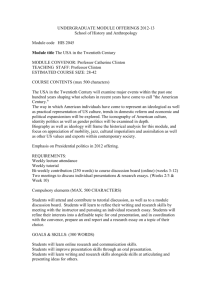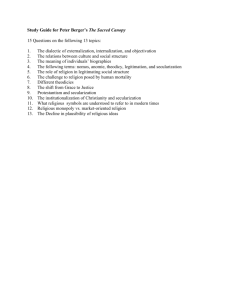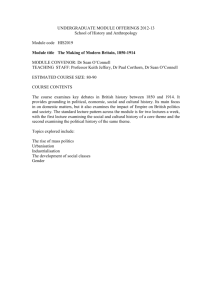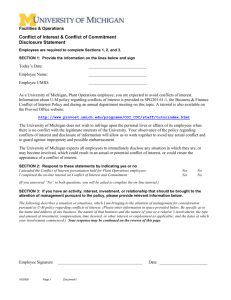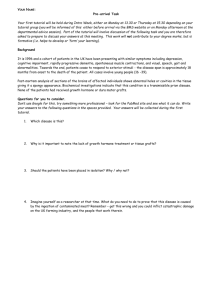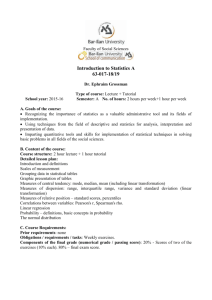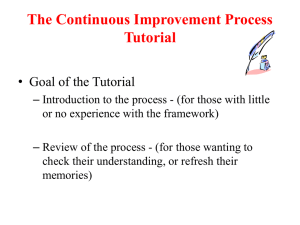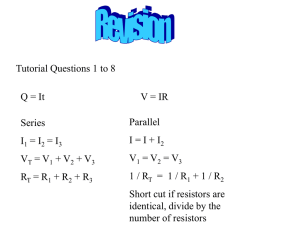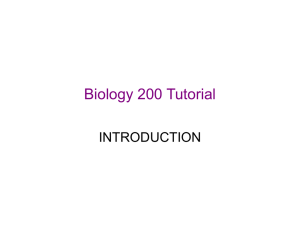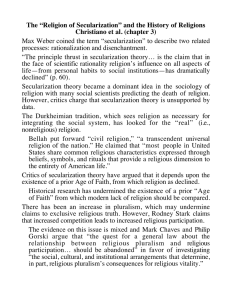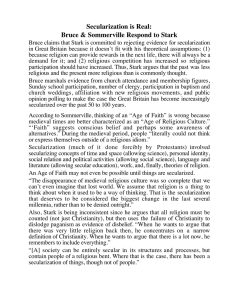UNDERGRADUATE MODULE OFFERINGS 2012
advertisement
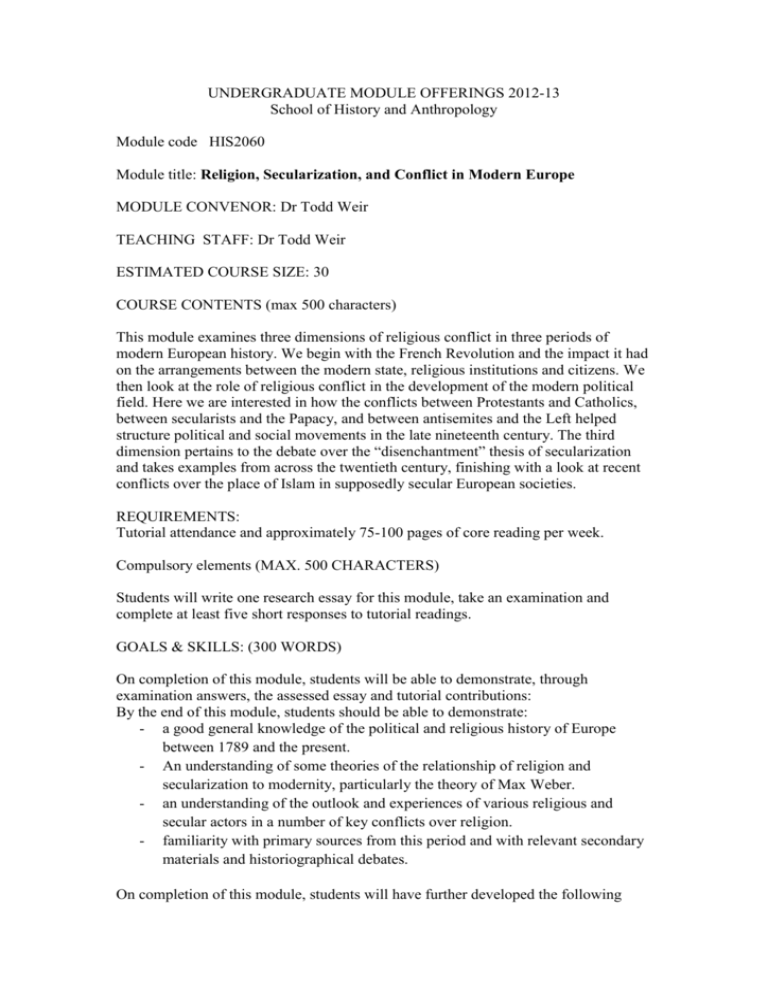
UNDERGRADUATE MODULE OFFERINGS 2012-13 School of History and Anthropology Module code HIS2060 Module title: Religion, Secularization, and Conflict in Modern Europe MODULE CONVENOR: Dr Todd Weir TEACHING STAFF: Dr Todd Weir ESTIMATED COURSE SIZE: 30 COURSE CONTENTS (max 500 characters) This module examines three dimensions of religious conflict in three periods of modern European history. We begin with the French Revolution and the impact it had on the arrangements between the modern state, religious institutions and citizens. We then look at the role of religious conflict in the development of the modern political field. Here we are interested in how the conflicts between Protestants and Catholics, between secularists and the Papacy, and between antisemites and the Left helped structure political and social movements in the late nineteenth century. The third dimension pertains to the debate over the “disenchantment” thesis of secularization and takes examples from across the twentieth century, finishing with a look at recent conflicts over the place of Islam in supposedly secular European societies. REQUIREMENTS: Tutorial attendance and approximately 75-100 pages of core reading per week. Compulsory elements (MAX. 500 CHARACTERS) Students will write one research essay for this module, take an examination and complete at least five short responses to tutorial readings. GOALS & SKILLS: (300 WORDS) On completion of this module, students will be able to demonstrate, through examination answers, the assessed essay and tutorial contributions: By the end of this module, students should be able to demonstrate: - a good general knowledge of the political and religious history of Europe between 1789 and the present. - An understanding of some theories of the relationship of religion and secularization to modernity, particularly the theory of Max Weber. - an understanding of the outlook and experiences of various religious and secular actors in a number of key conflicts over religion. - familiarity with primary sources from this period and with relevant secondary materials and historiographical debates. On completion of this module, students will have further developed the following skills: - the ability to identify and select information relevant to the topic area from a variety of sources - the ability to analyse and evaluate evidence and argument related to this period - the ability to present an own argument in essays, using appropriate evidence to support views - the ability to work effectively within a group, making appropriate contributions to discussions, debates and tasks TEACHING CONTACT HOURS: one and one half hour lecture, one and one half hour tutorial. MODULE ASSESSMENT Assessment Profile: Element type Essay Exam Short written tutorial preparation Participation Element weight(%) 30% 50% 10% 10% ADDITIONAL INFORMATION: (OPTIONAL) The tutor is considering taking interested students on an optional field trip to Munich (together with participants in his second-year module in German history) to study first hand sites of historical events and commemoration. The field trip would take place over a long weekend, most likely in November. The students will have to meet their own costs (airfare, lodging, food).

